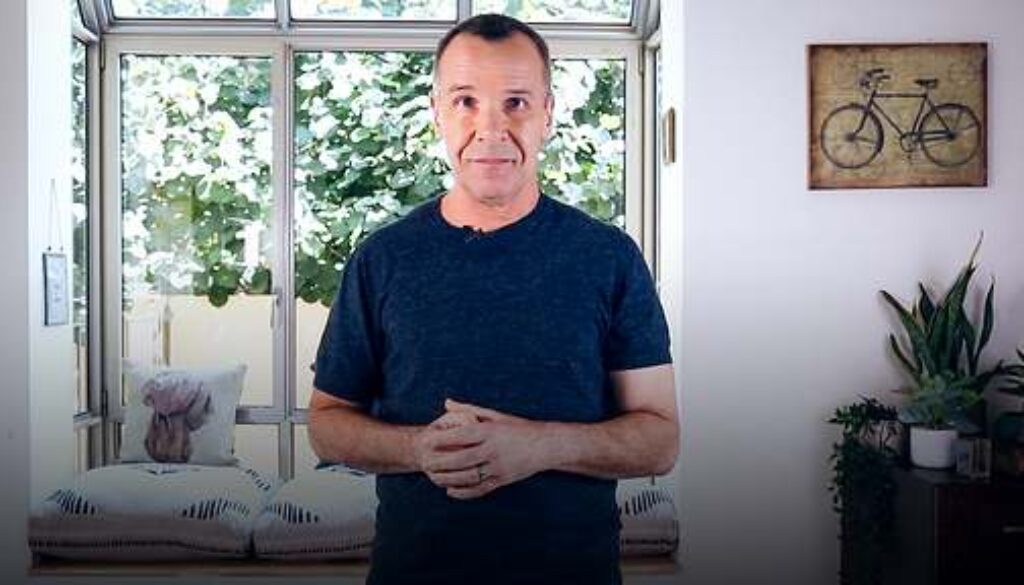Hire the Least Likely Candidates and Win with The Underdogs

I am so fortunate to meet and work with incredible thought leaders who are changing the world and Gil Winch, a guest on my Your Working Life podcast is no exception.
When Gil learned that he had terminal cancer and a shortened expected lifespan, he decided to take on the challenge of changing the world regarding the chronic unemployment of people with severe disabilities and those from other marginalized populations. He founded Call Yachol (CY) – a company run, managed, and staffed entirely by underdogs. That was 20 years ago. On my podcast, Gil describes CY’s journey from an idea everyone was against to a successful company whose social impact is creating true global change.
Workplace Exclusion
The demand for workers remains critical, which puts massive pressure on HR hiring teams to fill the need. Yet, the bias against hiring marginalized groups – people with disabilities, justice-involved/formerly incarcerated, senior citizens, and neuro diverse individuals on the autism spectrum, and others prevents companies from hiring talented people.
Gil Winch believes it starts with addressing our own biases and building organizations where everyone feels a profound sense of belonging. It’s great for employees and the company’s bottom line and positively impacts communities and society at-large. But where to start?
Gil Winch’s book, Winning with Underdogs: How Hiring the Least Likely Candidates Can Spark Creativity, Improve Service, and Boost Profits for Your Business provides the answers.
Diamonds in the Rough
Diversity, Equity, Inclusion, and Belonging programs, trainings, and company values listed on websites are all the rage, but it’s rare to see organizations that welcome the unexpected diverse talent pool into their ranks. Gil Winch believes that social justice needs to begin with organizations hiring people from all walks of life.
He describes the underdogs as those who must work harder than mainstream people when it comes to finding a job, getting a job, keeping it, and succeeding at it to enjoy the same success, regardless of their personal merit. Most members of non-mainstream groups don’t enjoy a level playing field in the workplace, and for some this disadvantage keeps them chronically unemployed with dire implications.
For example, people with disabilities make up 15% of the population, yet only 3% or less are working in the United States. Winch believes these underdog groups should be represented in the workforce with similar proportions in which they exist in the community and the greater society.
This hidden talent pool runs deep with potential and is ripe for training to become highly productive employees who stay for the long term.
Expand the Aperture of Inclusion
Opening the lens of diversity to include victims of injustice, ex-cons and felons, neuro diverse people on the autism spectrum, and many other marginalized groups takes a commitment on the part of an organization. Screening, interviewing, onboarding, and training requires a different approach and Gil Winch has laid the groundwork with CY and created a blueprint for others to follow.
Winch is committed to serving the population of those who want to work and can’t, as well as those who suffer emotionally at work. He is creating impactful change for everyone by focusing on the human culture of caring that is missing in so many organizations that only focus on the goals or outcomes and sacrifice their people in the pursuit of success. People should be the most valuable asset in every organization, but many organizations don’t prioritize tending to the emotional wellbeing of their employees and mental wellness is hanging in the balance.
Human Culture of Caring
Winch implemented a culture of caring at CY in a systematic and strategic way to help all his employees feel safe and that they truly belong. He writes about how caring is the most important trait in management because it enables communication, leadership, and teamwork.
Empathy is the super-magnet that brings people together, according to Winch and cultivates feelings of community and caring and mitigates power imbalances that can lead to disengagement and unhealthy workplaces.
I hope you listen to my podcast with Gil Winch and read his book. I will leave you with his concept of Reserved Employment for the Opportunity Deprived (REOD). His concept is like reserved parking with three small changes. Exchange parking spots with jobs, mobility issues with opportunity-deprived people, and places, with the workforce. Imagine what could happen when the world decides that employment is as important as reserved parking.
Gil Winch is optimistic and a believer in the art-of-the-possible. He is on a mission to open the lens of diversity to include the often-forgotten underdogs who deserve to be remembered and can make a great hire in your organization. You should check out Gil’s TED talk on finding hidden potential and follow his wittings with the hashtag #diversitylabels.





